This new lane assistant doesn't even need road markings to work
By DPA | 09 January 2022
LAS VEGAS: Lane departure warnings - the automatic alerts that go off in modern cars when the driver accidentally leaves the lane - traditionally rely on clearly visible lane markings on the road to properly work.
But a new kind of system developed by Intel subsidiary Mobileye and set to be installed in Volkswagen's electric cars doesn't need any visual help from its surroundings.
Instead of being guided by white or yellow lines on the road, the system follows precisely the route that other vehicles were driving on that road based on previously collected data.
In the past year alone, information on 4 billion kilometres has been added, Mobileye announced on Tuesday at the CES tech fair here.
Today, conventional lane assistants can only be used on about half of the kilometres driven, Mobileye manager Johann Jungwirth pointed out.
The reason is not only that the markings are missing, but also because they cannot be recognised by the vehicle's cameras due to rain, snow or dirt, for example.
At the CES, Mobileye also presented a chip system for autonomous driving called EyeQ Ultra. Mobileye expects it to be launched in the first vehicles from 2025.
"Autonomous driving will be possible with an EyeQ Ultra chip, you will then usually only have a second processor, which is a little smaller, for redundancy," Jungwirth said.
"I don’t see anything that can stop us, neither regulatory, nor technical, nor in terms of customer acceptance."
Mobileye is now sending its self-driving test cars out for road tests in Tel Aviv, Munich, Paris and Tokyo.
EyeQ Ultra relies on all-round vision with eleven cameras, as well as additional data from radar sensors and laser radars called Lidar.
"In the next three to five years I don’t see any technical possibility of bringing a system onto the market that is only camera-based," said Jungwirth, who previously worked at Mercedes, Apple and Volkswagen, among others.
"But we are not saying it will never happen."
Tesla boss Elon Musk, among others, has always shown himself convinced that cameras are sufficient and that laser radar is an expensive detour.
But most developers of robot car technology consider them indispensable for now. The technology scans the cars' surroundings and can detect them even in poor visibility conditions.
Tags
Autos News
Reviews
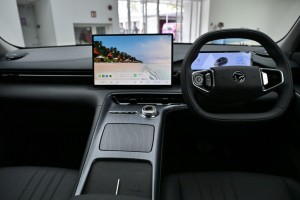
Proton e.MAS 7 impresses in quick dynamic driving exercises
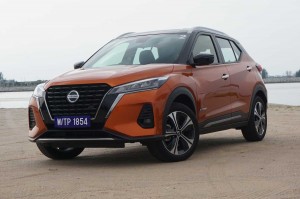
Nissan Kicks e-Power: Kicking off a new efficiency
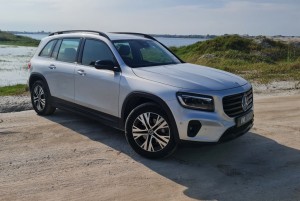
6.8
Mercedes-Benz GLB 200: Measured versatility
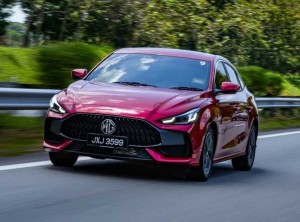
MG5: Slick and comfortable cruiser
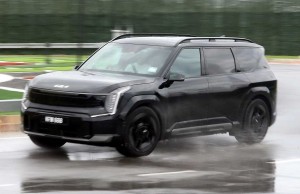
8.2
Kia EV9: Prime cut
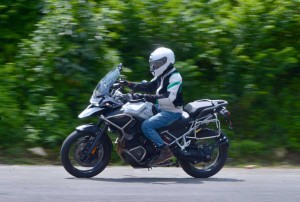
8.0
Triumph Tiger 1200 GT Pro: High adventure on two wheels

8.0
Honda Civic Type R (FL5): Ride on the wild side

Mitsubishi Xpander facelift: Expanding the reach
Videos

20 Years Strong: BMW's Johor Regional Hub Just Got Bigger

Aveta VTM 250; Affordable & Road Legal Adventure Bike

Nissan to launch affordable Vehicle to Grid technology from ...
